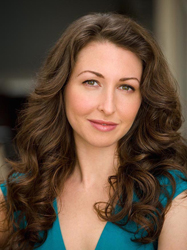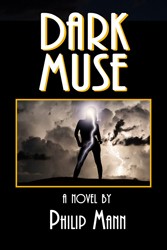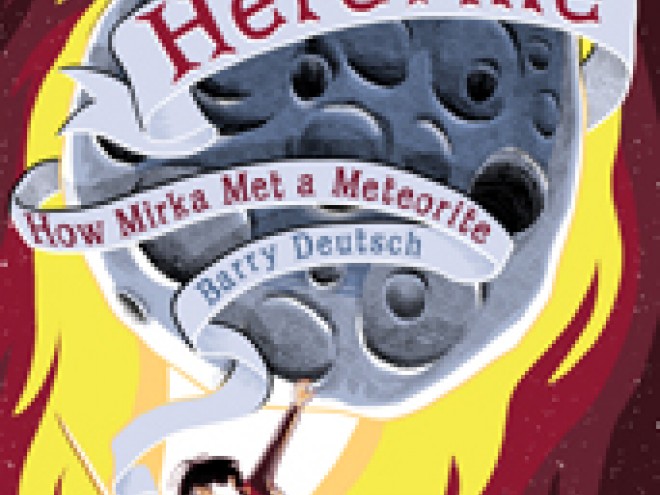Earlier this week, Ilana C. Myer wrote about how Jerusalem found its way into her debut fantasy novel. Ilana is blogging here all week as part of the Visiting Scribe series on The ProsenPeople.
I always dread people asking me what my book is about. I know that’s ridiculous — who would know better than I? But the truth is that there are several possible responses. Last Song Before Night is a fantasy set in a world where art and magic are intertwined, and the protagonists are poets. It’s also an exploration of the power of art to shape — and sometimes distort — the narratives of our lives. But it is also, in a way I never anticipated, a story about women, shaped in no small measure as a response to Orthodox Judaism.
The genre of the (former) ultra-Orthodox memoir has reached a peak in recent years, as prominent memoirists such as Leah Vincent, Shulem Deen, and Deborah Feldman emerged to tell their stories. The stranglehold of ultra-Orthodoxy makes for compelling reading for people growing up in a secular and permissive environment — and even for religious people whose lives are not as circumscribed as those of the ultra-Orthodox. To most readers, the stories are clear-cut in their message: the ultra-Orthodox world is stifling in obvious, dysfunctional ways.
My background is more ambiguous. I was raised Orthodox, first in New York and later on in Jerusalem. I read secular books and watched movies (but no TV). No one ever told me I could not have the career I wanted, or that I was inferior to men. I would marry the person I chose; I would even go to college. So when secular people remarked how limited I was in my options — or, as one woman put it, how “protected” I was — I myself didn’t see it. (Nor do I think going to school amid Jerusalem’s suicide bombings can be described as “protected,” but that’s a different conversation.)
When a value is expressed tacitly, through practices rather than through words, it can be hard to see. And I don’t think anyone in the Orthodox (as opposed to ultra-Orthodox) world consciously thinks of women as inferior. It all operates as a subtext beneath the surface.
But adult life can test the parameters of religion, especially when it exposes us to the world. When I left my parents’ home at 18 and had to chart a plan of survival, it wasn’t the safe route of father’s home to husband’s home that can keep a young Orthodox woman shielded from reality. My confrontation with that reality ended up coming out in the novel I was writing. Without intending to, I grappled with women’s roles in Orthodoxy through fiction.
The society of Last Song Before Night is unabashedly sexist — a land where poets hold great power, one that is permitted only to men. One woman is driven by her desire to become a poet despite the stricture forbidding it. The contrast between her experience and those of the celebrated male poets of her own age is marked: they flourish where she is malnourished and plagued with nightmares, riddled with psychic battle-scars that no one sees.
 My other female protagonist is, to use the word of that condescending woman, protected. Her experience represents the ideal of what the Orthodox woman is supposed to be — cultivated, innocent, sheltered behind walls, and content for marriage to take center stage in her life. When her life’s security is shattered, none of these qualities serve her in the slightest as a defense. The ideal woman of Orthodoxy can only survive behind protective barriers. At the slightest contact with adversity, the slightest destabilization of the core, the entire structure collapses. This woman broke my heart to write.
My other female protagonist is, to use the word of that condescending woman, protected. Her experience represents the ideal of what the Orthodox woman is supposed to be — cultivated, innocent, sheltered behind walls, and content for marriage to take center stage in her life. When her life’s security is shattered, none of these qualities serve her in the slightest as a defense. The ideal woman of Orthodoxy can only survive behind protective barriers. At the slightest contact with adversity, the slightest destabilization of the core, the entire structure collapses. This woman broke my heart to write.
Last Song Before Night began as a journey to understand my relationship with art. I was blindsided by the pain that broke through, unbidden, through the experience of its women. In the end it became important to me to find their way, just as I was seeking mine, and allow them to sing.
Ilana C. Myer has written about books for The Globe and Mail, The Huffington Post, the Los Angeles Review of Books, and Salon. Previously she was a journalist in Jerusalem.
Ilana C. Myer has written about books for The Globe and Mail, The Huffington Post, the Los Angeles Review of Books, and Salon. Previously she was a journalist in Jerusalem.
How Jerusalem Infiltrated My Fantasy Novel
Where Orthodox Judaism, Feminism, and Fantasy Fiction Intersect




